Sodium Laurel Sulphate -SLS
SLS stands for Sodium Lauryl Sulfate, which is a common surfactant and detergent found in many personal care and cleaning products. Here are some key points about SLS:
1. **Function**: Sodium Lauryl Sulfate is a surfactant, which means it lowers the surface tension between two substances, allowing them to mix more easily. In products like shampoos, soaps, toothpaste, and detergents, SLS helps create lather and foam, which aids in the cleaning process by removing dirt and oil.
2. **Chemical Structure**: SLS is an anionic surfactant with the chemical formula C12H25SO4Na. It is derived from sulfation of lauryl alcohol, which is usually sourced from coconut or palm kernel oil.
3. **Uses**:
– **Personal Care Products**: SLS is commonly found in skincare products like cleansers, body washes, and lotions, as well as hair care products like shampoos and conditioners. It helps create lather and can effectively remove dirt and oil from the skin and hair.
– **Dental Care Products**: SLS is often included in toothpaste for its foaming and cleaning properties. It helps distribute the toothpaste evenly in the mouth and aids in removing plaque and debris from the teeth.
– **Cleaning Products**: SLS is used in household cleaning products like dishwashing liquids, laundry detergents, and surface cleaners due to its ability to break down grease and grime.
– **Industrial Applications**: SLS is also used in various industrial applications such as in the textile industry for dyeing processes, in the construction industry for cement additives, and in the agricultural industry for pesticide formulations.
4. **Controversies**:
– **Skin Sensitivity**: Some individuals may experience skin irritation or dryness when using products containing SLS, especially if they have sensitive skin.
– **Environmental Impact**: The production and disposal of SLS can have environmental implications, as it may persist in the environment and contribute to water pollution.
5. **Alternatives**: Due to concerns about skin sensitivity and environmental impact, some brands offer SLS-free alternatives in their products. These alternatives may use milder surfactants or natural ingredients for cleansing.
It’s important to note that while Sodium Lauryl Sulfate is a widely-used ingredient in personal care and cleaning products, individual reactions and preferences vary, so it’s always advisable to consider your skin type and preferences when choosing products containing SLS.
₦86,000.00
Description
SLS stands for Sodium Lauryl Sulfate, which is a common surfactant and detergent found in many personal care and cleaning products. Here are some key points about SLS:
1. **Function**: Sodium Lauryl Sulfate is a surfactant, which means it lowers the surface tension between two substances, allowing them to mix more easily. In products like shampoos, soaps, toothpaste, and detergents, SLS helps create lather and foam, which aids in the cleaning process by removing dirt and oil.
2. **Chemical Structure**: SLS is an anionic surfactant with the chemical formula C12H25SO4Na. It is derived from sulfation of lauryl alcohol, which is usually sourced from coconut or palm kernel oil.
3. **Uses**:
– **Personal Care Products**: SLS is commonly found in skincare products like cleansers, body washes, and lotions, as well as hair care products like shampoos and conditioners. It helps create lather and can effectively remove dirt and oil from the skin and hair.
– **Dental Care Products**: SLS is often included in toothpaste for its foaming and cleaning properties. It helps distribute the toothpaste evenly in the mouth and aids in removing plaque and debris from the teeth.
– **Cleaning Products**: SLS is used in household cleaning products like dishwashing liquids, laundry detergents, and surface cleaners due to its ability to break down grease and grime.
– **Industrial Applications**: SLS is also used in various industrial applications such as in the textile industry for dyeing processes, in the construction industry for cement additives, and in the agricultural industry for pesticide formulations.
4. **Controversies**:
– **Skin Sensitivity**: Some individuals may experience skin irritation or dryness when using products containing SLS, especially if they have sensitive skin.
– **Environmental Impact**: The production and disposal of SLS can have environmental implications, as it may persist in the environment and contribute to water pollution.
5. **Alternatives**: Due to concerns about skin sensitivity and environmental impact, some brands offer SLS-free alternatives in their products. These alternatives may use milder surfactants or natural ingredients for cleansing.
It’s important to note that while Sodium Lauryl Sulfate is a widely-used ingredient in personal care and cleaning products, individual reactions and preferences vary, so it’s always advisable to consider your skin type and preferences when choosing products containing SLS.

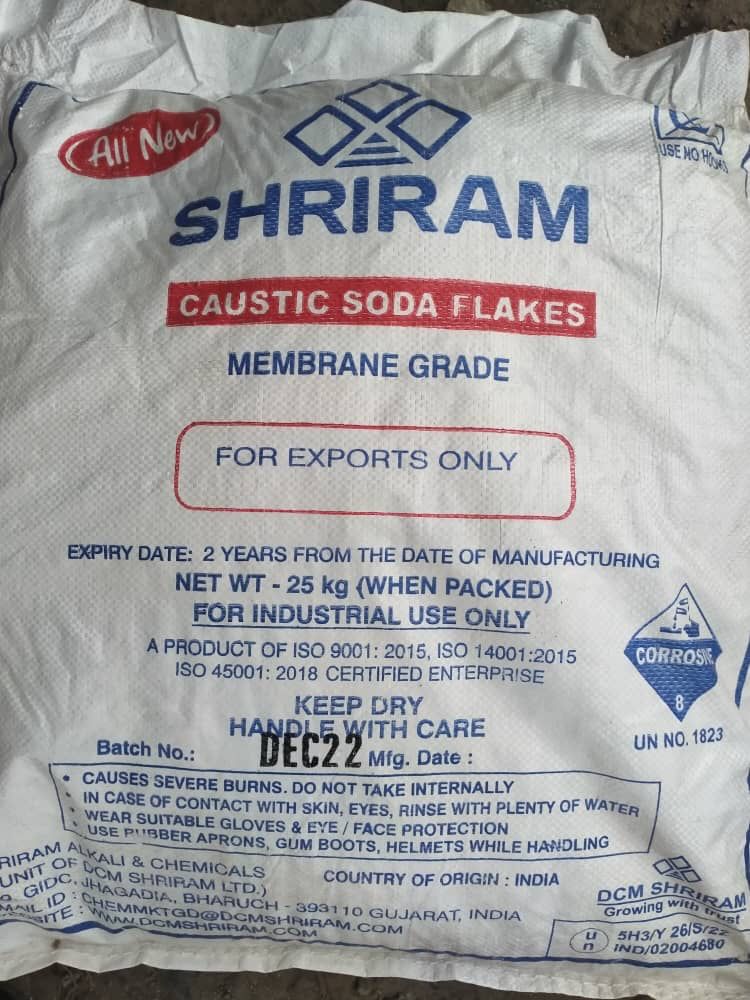
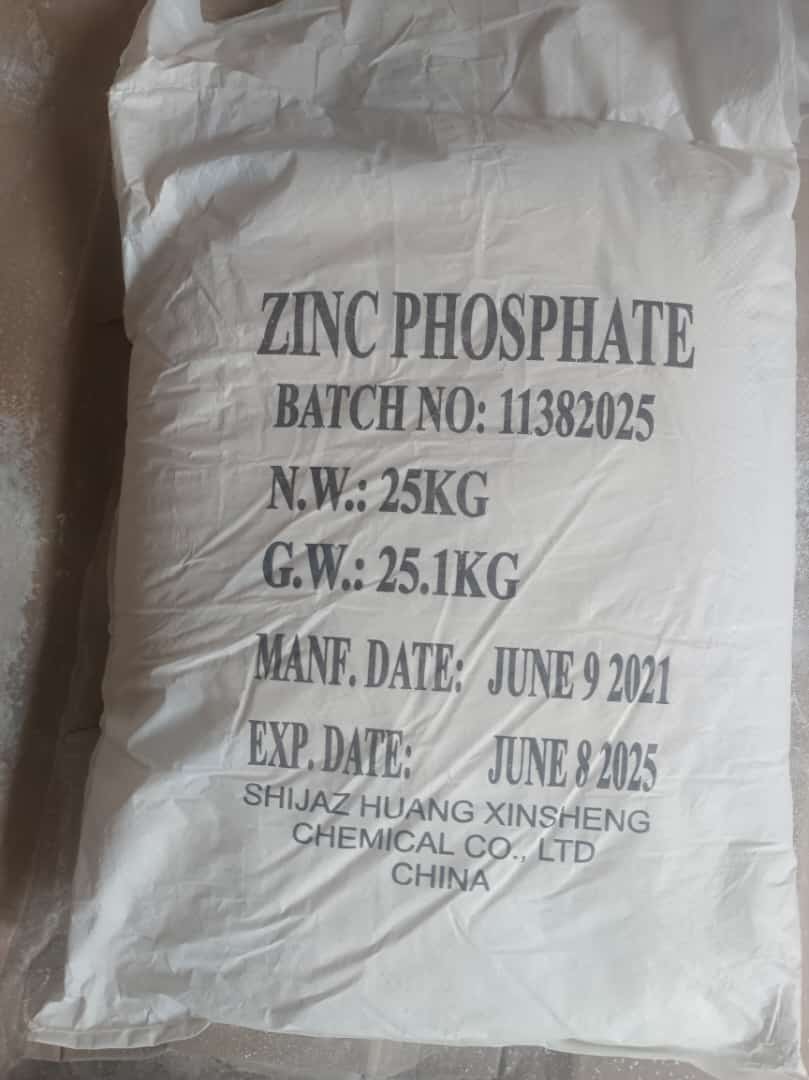
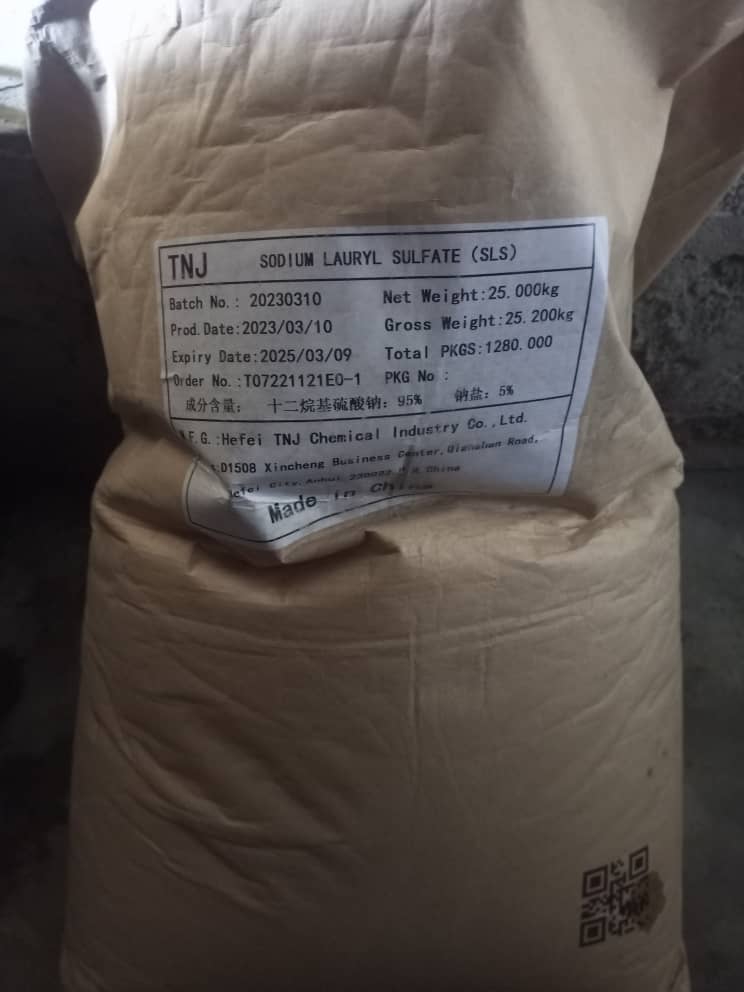
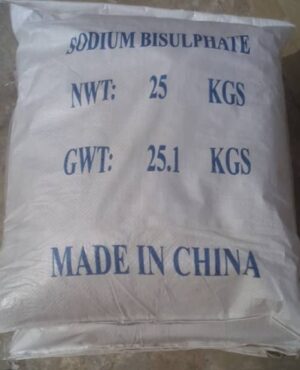
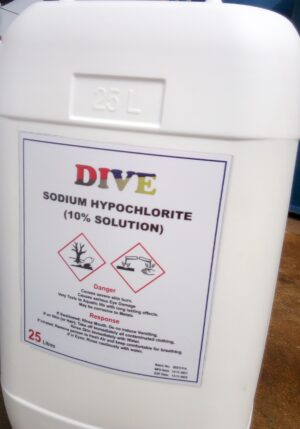
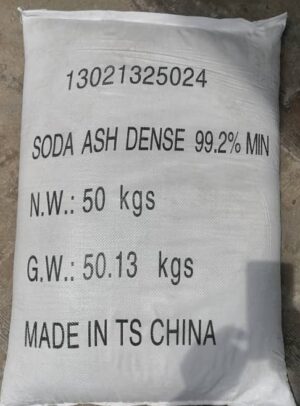
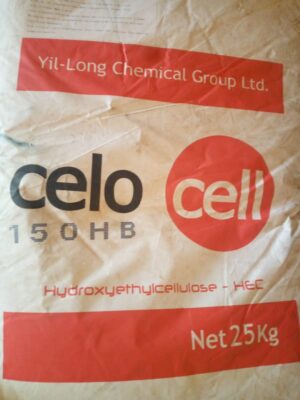
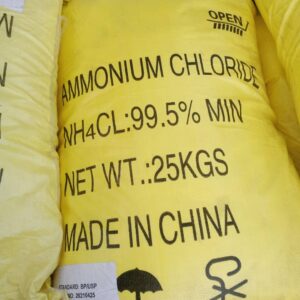
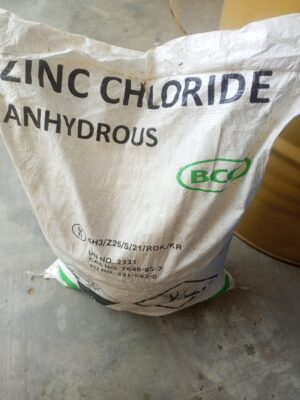
ThomasObels –
canadian family pharmacy
http://expresscanadapharm.com/# safe canadian pharmacies
canadian pharmacy oxycodone
Lorenzokic –
Trustworthy and efficient with every international delivery.
get cheap cipro pills
They provide global solutions to local health challenges.
BryanExify –
Their global medical liaisons ensure top-quality care.
can you get cheap cipro online
Their international shipment tracking system is top-notch.
BryanExify –
Hassle-free prescription transfers every time.
can you buy lisinopril online
The gold standard for international pharmaceutical services.